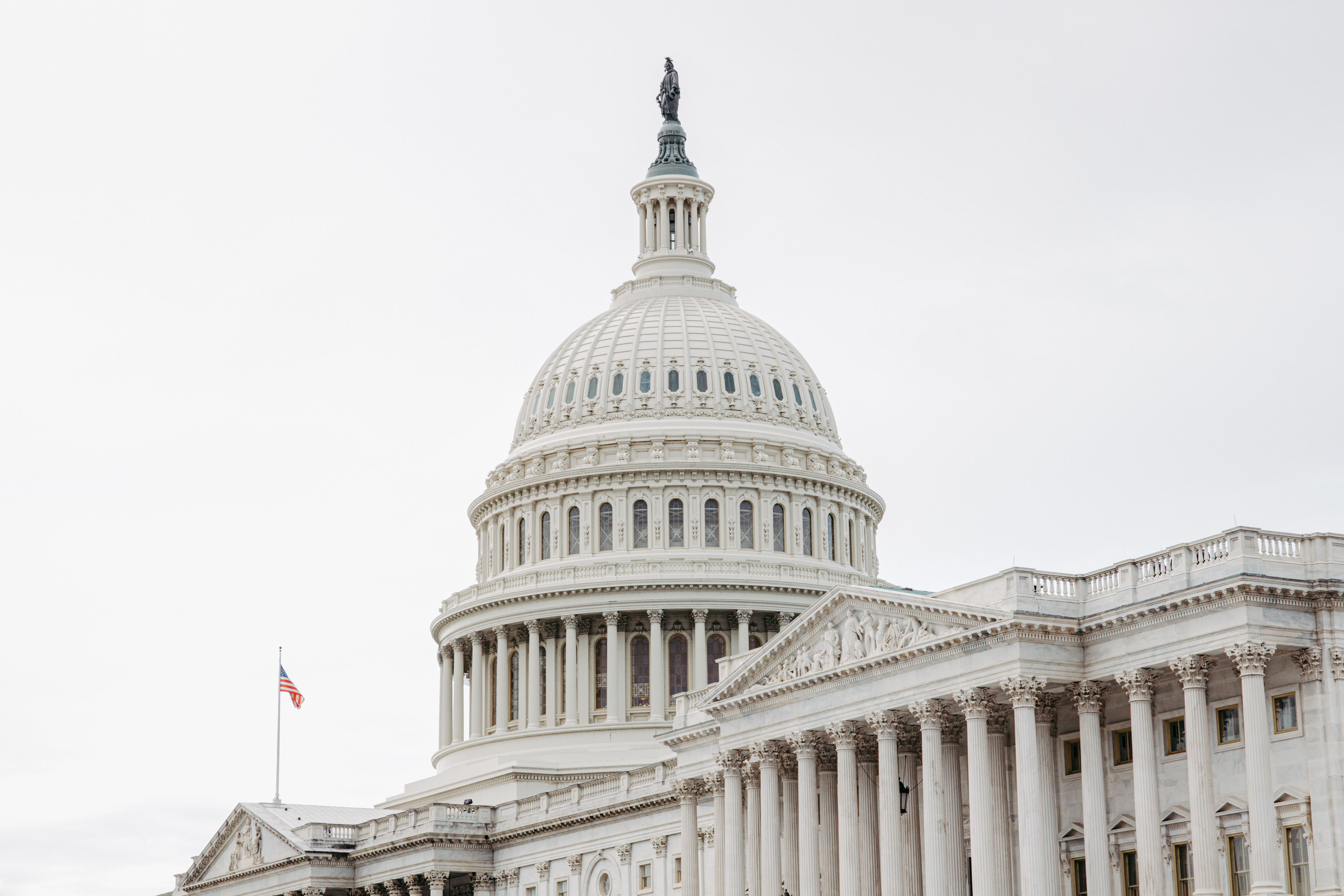With no agreement reached between House and Senate leadership to continue federal funding past Tuesday, Sept. 30 — the end of the federal fiscal year 2025 — a federal government shutdown began at 12:01 a.m. on Wednesday, Oct. 1.
Impacts to City operations
The City relies on federal funds for many of its programs and services. At this point we are not anticipating any cash flow issues that would impact City services in the short term. We have enough cash on hand to assist with any temporary needs that may arise due to a slowdown in payments from the federal government.
The City has approximately 114 active federal grants and 113 staff tied to federal funds. This money is used to fund things like:
- Lead abatement for children in north Minneapolis and East Phillips
- Affordable housing and outreach
- Opioid response
- Violence, crime prevention and safety services
- Emergency preparedness and security initiatives
- Workforce development and employment training
A drawn-out federal government shutdown would heighten the potential risk of impacts to City services that depend on federal funding streams, but for the near term we feel confident in our ability to continue delivering for the community.
What to expect at a federal level
Furloughing of federal employees will begin immediately while those deemed “essential” by their agency leadership will be required to report for work as before but with their paychecks held until the shutdown is resolved. Specific activities across the government, such as Social Security and Medicaid payments, air traffic control, veterans’ medical care, law enforcement and national defense, will largely continue to operate as before, but with potentially diminished human capital resources. Extended shutdowns can result in delays that may affect the completion of ordinary services.
Social Security is considered “mandatory” spending and is not funded through the annual appropriations process. Therefore, payments from Social Security should continue although some administrative tasks could be delayed. A prolonged shutdown would impact other programs such as the Supplemental Nutrition Assistance Program (SNAP) and Women, Infants, and Children Program (WIC), as these programs are considered “discretionary.”
The White House budget office has issued guidance to federal agencies to consider reductions in force during the shutdown. If enacted at a large enough scale, such reductions could impact federal agency performance levels even after the shutdown ends.
We do not know what the duration of the shutdown will be. The most recent lapse in government funding lasted 35 days – the longest in the nation’s history – between December 2018 and January 2019.


